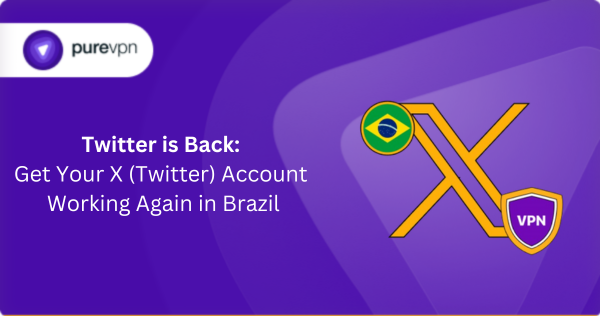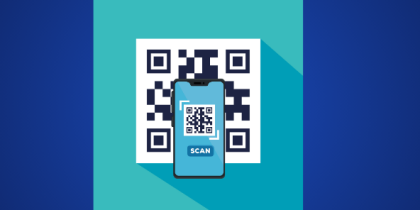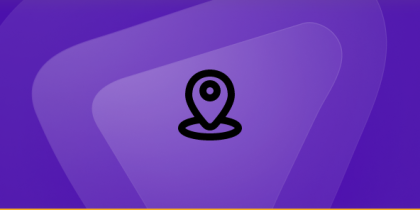The X (formerly Twitter) ban in Brazil has sparked intense debate and concern, affecting millions of users and raising questions about free speech and government control. This article breaks down the reasons behind the ban, its impact on society, and what the future might hold for social media users in Brazil.

Why Was Twitter Banned in Brazil?
The Brazilian government’s decision to ban Twitter stems from growing concerns about the platform’s role in spreading misinformation. Key issues include:
1. Misinformation and Fake News:
Twitter has been a significant platform for sharing false information, particularly related to COVID-19, political events, and other sensitive topics. The Brazilian government sees this as a threat to public safety and order.
2. Legal Compliance:
Brazil has strict regulations requiring social media platforms to manage harmful content. Twitter’s perceived failure to meet these requirements has led to government action.
3. Political Tensions:
Some Brazilian leaders believe Twitter’s content moderation policies unfairly target certain viewpoints, leading to accusations of censorship. This has fueled government efforts to impose stricter controls on the platform.
Impact of the Ban on X (Twitter) Users in Brazil
The Twitter ban has had widespread effects across various sectors:
1. Free Speech Concerns:
The ban raises serious concerns about freedom of expression in Brazil. Critics argue that restricting access to platforms like Twitter could silence important voices and limit public debate.
2. Economic Disruption:
Many businesses and individuals in Brazil use Twitter for marketing, communication, and networking. The ban has disrupted these activities, leading to economic challenges and reduced online engagement.
3. Public Outrage:
The ban has led to protests and public outcry from citizens, activists, and civil society groups who view the action as an overreach of governmental power.
4. Global Attention:
The Twitter ban has caught the world’s attention, with international organizations and foreign governments expressing concern about worsening digital rights in Brazil.
Twitter is Back in Brazil with PureVPN
Here’s how you can access Twitter in Brazil using PureVPN:
Step 1: Sign Up for PureVPN
Go to the PureVPN website and sign up for an account. Choose a plan that suits your needs and complete the registration process.
Step 2: Download and Install PureVPN
Once you’ve signed up, download the PureVPN app on your preferred device. PureVPN supports multiple platforms like Windows, macOS, Android, iOS, and more. Install the app by following the on-screen instructions.
Step 3: Log In to PureVPN
Open the PureVPN app and log in using the credentials you created during sign-up.
Step 4: Choose a Server Outside Brazil
To access Twitter, you’ll need to connect to a server in a country where Twitter isn’t banned. In the PureVPN app, go to the server list and select a location outside Brazil, such as the United States or the United Kingdom.
Step 5: Connect to the VPN
Once you’ve chosen a server, the app will automatically establish a secure connection to the server you selected.
Step 6: Access Twitter
Once connected to the VPN, open your browser or the Twitter app. You should now be able to access Twitter as if you were in the country of the server you connected to.
Step 7: Browse Safely
Continue using Twitter and other websites as usual. Remember to stay connected to the VPN whenever you want to access banned sites.
What’s Next for Twitter in Brazil?
The future of Twitter in Brazil is uncertain, with several potential outcomes:
1. Lifting the Ban:
If Twitter and the Brazilian government reach a compromise, the ban could be lifted. This may involve stricter content moderation and greater transparency from Twitter.
2. Prolonged Ban:
If the ban continues, it could set a precedent for increased censorship and restrictions on other social media platforms in Brazil.
3. Legal Challenges:
The ban may face legal challenges from affected parties, which could lead to court rulings that influence the future of digital rights in Brazil.
4. Shifting to Alternatives:
In response to the ban, Brazilian users may turn to alternative social media platforms or encrypted messaging services to continue their online activities.
Conclusion
The Twitter ban in Brazil is a significant development in the ongoing debate over social media regulation. While the ban addresses concerns about misinformation, it also raises important questions about free speech and government control. As the situation unfolds, the outcome will have lasting implications for social media users and the broader conversation on digital freedom.









